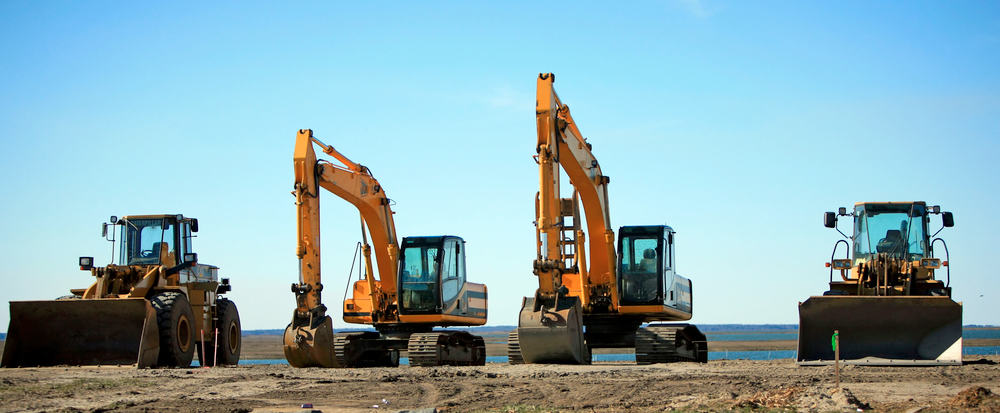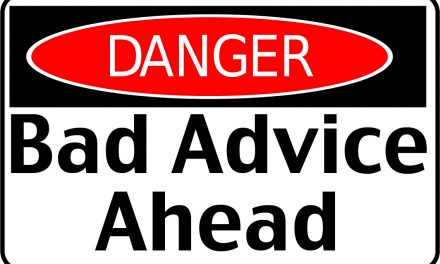There are a lot of tools and types of equipment out there, which despite being in high demand, most people would rather rent or borrow instead of buy. Sometimes this is because the item in question is not expected to be needed for long enough or frequently enough to justify the cost of purchasing it; sometimes it’s because the client cannot afford to purchase the piece of equipment for themselves, to begin with.
An equipment rental service holds a lot of commercial potential in both the B2C and B2B markets. That being said, starting or running this type of business is not a walk in the park. For starters, there is the large upfront cost of purchasing the equipment that the business intends to rent out. The running costs associated with the equipment will also be significant since it will constantly need to be maintained, repaired and sometimes even replaced.
Study the market
First of all, study the market to see if there is any demand for equipment rental, how big is that demand, how much people would be willing to pay for renting and what kind of equipment is in most demand among other things. These questions should be directed to as many of your potential clients as possible.
Choose a customer base
You would notice that the word “equipment” is an extremely broad term; equipment comes in all shapes and sizes, and it also serves widely differing purposes e.g. consider the extreme difference between sports and construction equipment. It’s then obvious that for an equipment rental business to be practical, or even marketable for that matter, it needs to serve a specialised market. This can usually be achieved by only providing equipment for a specific activity or set of activities e.g. sports, construction, camping, trade shows, events, parties, weddings, hunting, photography, food catering etc.
Buy quality
As an equipment rental business, your equipment will comprise the bulk of your assets. Unfortunately for you, equipment doesn’t last forever and this is not helped by the fact that your only source of revenue is dependant upon you regularly handing over said equipment to total strangers. To reduce your costs (caused by too frequent maintenance and replacements) in the long run, buy high-quality products, to begin with—brand names if possible.
Find the best deals
If you are purchasing equipment to start a business renting it out, chances are that you would usually be buying more than the average purchaser. Use this to your advantage and try to negotiate discounts, more favourable payment rates and warranties whenever possible.
Pricing
When choosing how you will price your rental services, you have to consider things such as how much the equipment cost you, how long do you expect it to last, how much repairing damage would cost, what your clients’ alternatives are and also how much your competition, if any, charges for the same. Each piece of equipment should pay for itself as quickly as possible and way long before it needs its first round of service. Remember that your rental fees will be the ones paying for your business’ running expenses.
Draft ironclad paperwork
As mentioned before, your business is nothing without the equipment it rents out so you must take all reasonable precautions to protect it. Remember that every time you hand over your equipment to someone else you are taking on a risk. Also remember that your business’ main selling point is that renting costs less than buying, so the fee you get will in no way offset any potential loss. As part of your strategies to protect against the loss, draft legally binding contracts for your clients to sign up on each rental. Set clear conditions which cover scenarios such as late returns, theft and damage—whether intentional, accidental or due to acts of God.
Stay prepared for the worst
Whenever your equipment goes out into the field it risks various degrees of damage, from scratches and dents which you can shrug off to destruction or loss of the asset. You must find a way to reduce the likelihood of bad customers ruining your business. To achieve this you can charge deposits, fit equipment with GPS trackers where possible, use condition checklists upon rental and return etc. The rental fee must also cover the estimated depreciation of your equipment upon each rental.
Maintain equipment
Your equipment must be restored to top-notch condition or something which approaches this regularly. No matter how good the quality of equipment maintenance is always necessary at some point. Properly maintained equipment will not only keep your customers happy but will also save you the money you might otherwise have spent on a replacement.
Get rid of old or damaged equipment when necessary
Depending on your target market, some of your equipment might eventually degrade beyond the point where you are unwilling to keep renting it out. No worries, this is Zimbabwe, you can always find a buyer for your old stuff. There is no need for clutter in your storeroom or warehouse, selling off equipment which is past its usefulness will save you space and get you a little extra money. Even completely damaged equipment can be sold as scrap or for spare parts.
Get insurance
You can shop around insurance companies and find out if they have any plans which can cover assets which get rented out. Remember that you have to be very clear about your line of business otherwise you risk paying a fortune in monthly premiums only to be told that rentals are not covered at the end of the day.
Find the premises
A rental business needs somewhere to operate out of. You will need both office space and a safe storage space for your equipment.
Market your business
After everything else is in place, you can then work on getting the word out about your business. At the very least you can put promotional labelling on the equipment you rent out—but only when this makes sense. Print and distribute promotional material like flyers, posters and business cards. Nowadays a web presence in the form of social media accounts and/or a company website is also important.








